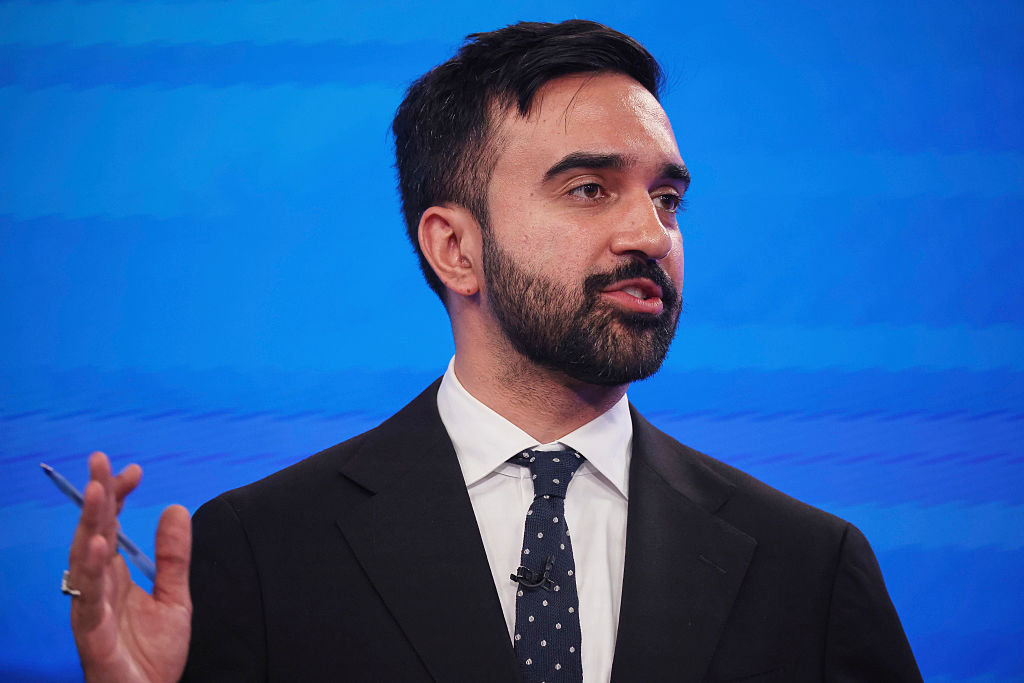The Liberator
THE LIBERATOR: Harriet Tubman
HARRIET TUBMAN
Harriet Tubman freed more than 70 slaves over the course of 13 clandestine missions in her lifetime. That number is infinitesimal compared to the millions of Africans in bondage before the American Civil War. But Tubman’s legend had a psychological impact on the enslaved and the free, on Black and white, that far exceeded her armspan and lifespan. Tubman, the tenacious liberator of Black slaves, was called “Moses” because she led her people to “the promised land.” Some people have also called the election and inauguration of Barack Obama’s as the 44th president of the United States a substantial fulfillment of that American promise.
Tubman was born Araminta Ross in Dorchester County, Maryland. Araminta, called “Minty,” was a slave, as were her parents, brothers, sisters and extended family. Tubman was always rebellious, naturally enraged at the brutality of her bondage. But it was the repeated “sell-offs” of members of her family that first prompted her escape to free territory in Philadelphia, and then to boldly sneak back across the Mason-Dixon line to rescue her loved ones.
In the years before the Civil War, despite the passage of a tough fugitive slave law, Tubman braved capture and death to lead over a dozen missions to free scores of slaves, mostly from Maryland’s Eastern Shore. During journeys that went as far north as Canada, she used an already established network of houses and way-stations owned by freed Blacks and sympathetic whites, dubbed the “Underground Railroad.”
Text continues after gallery…
In the north, Tubman befriended abolitionists and rebels like John Brown, for whom she raised money. At the dawn of the war, Tubman joined the Union forces as a nurse, an aid to refugees, and a scout. After the war and Emancipation, Tubman lent her efforts to another liberation movement: women’s suffrage. She died in 1913.
To say that Tubman was tough is an understatement. She set the bar very high indeed for the men and women who followed. It is that determination in the face of violence, death and failure that is Tubman’s greatest legacy.















